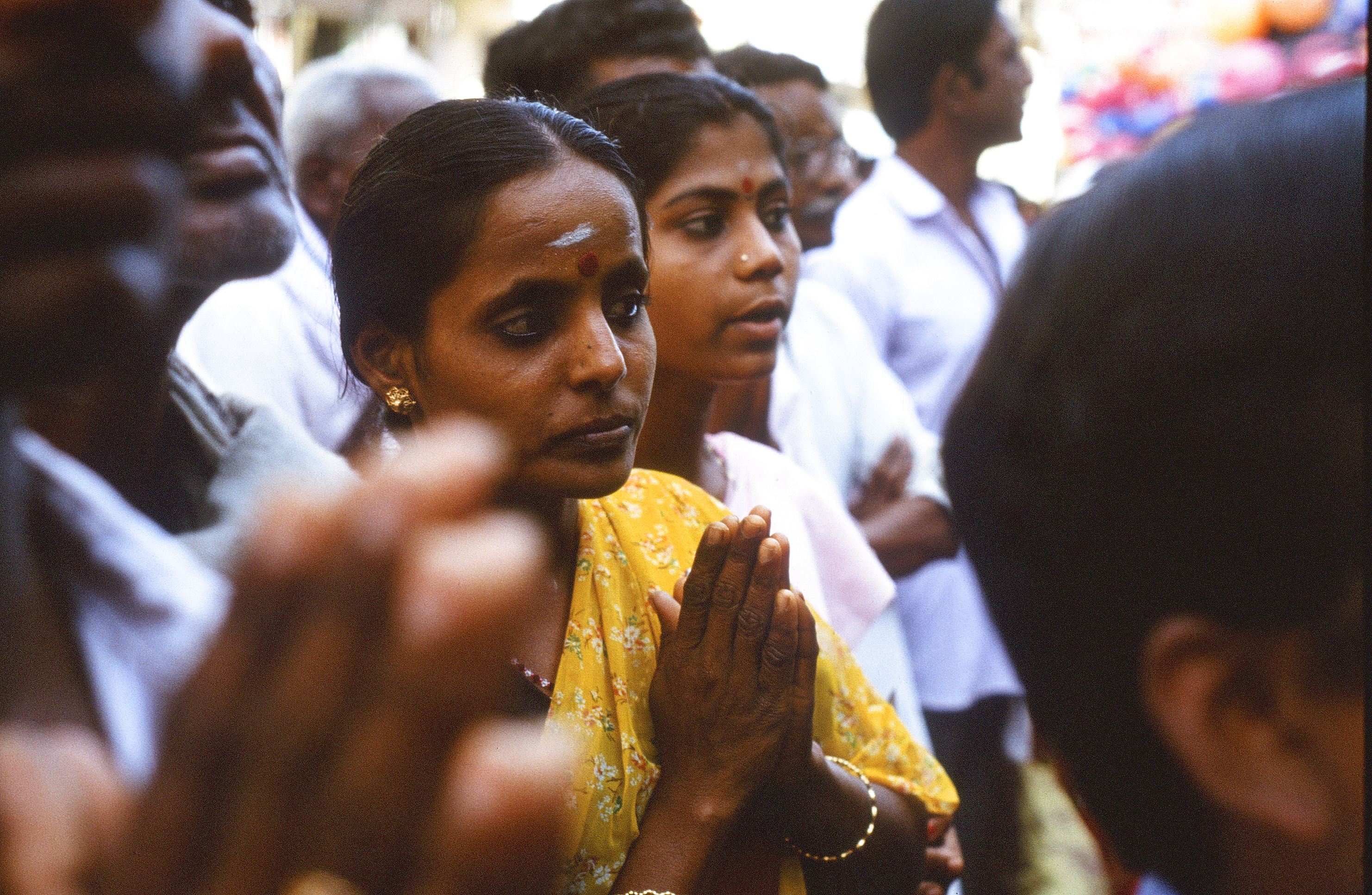This class is an introduction to the enormous, venerable, and diverse body of knowledge and field of inquiry known as “the philosophy of religion.” Rather than embarking on an exhaustive crash-course, a linear historical genealogy, or an (impossible) total survey, this class will offer more of a “tasting menu.” You’ll develop a working knowledge of some of the field’s canonical thinkers and texts, an exposure to selected schools of thought/sub-fields, an appreciation for some of their longstanding debates, and – most importantly – an expanded toolkit for thinking about both urgent, real-life issues and the classic “up at 3AM staring at the ceiling” existential dilemmas that haunt us all. Focusing on primary texts with occasional help from secondary commentary, we’ll jump around the timeline and traverse the Western canon to explore a fundamental series of linked questions, questions that have underwritten the philosophy of religion since its inception, questions like: Why is there something rather than nothing? Why do we exist as humans? Is there a God / Gods / Godhood and why might that matter? Why do we suffer, and why do we die? Why can other people be so cruel, and how can ideas of divine goodness be reconciled with problems of human evil? Can other discourses – the sciences, the political – be subsumed into religious ones, are they competitive with it, or is some other kind of relationship possible? Of course, part of what will make this class so challenging (and fun!) is that we get to ask all these questions, and more, without any promise of ever definitively resolving any of them!
- Teacher: Patrick Blanchfield
- Teacher: Gwynn Kessler



